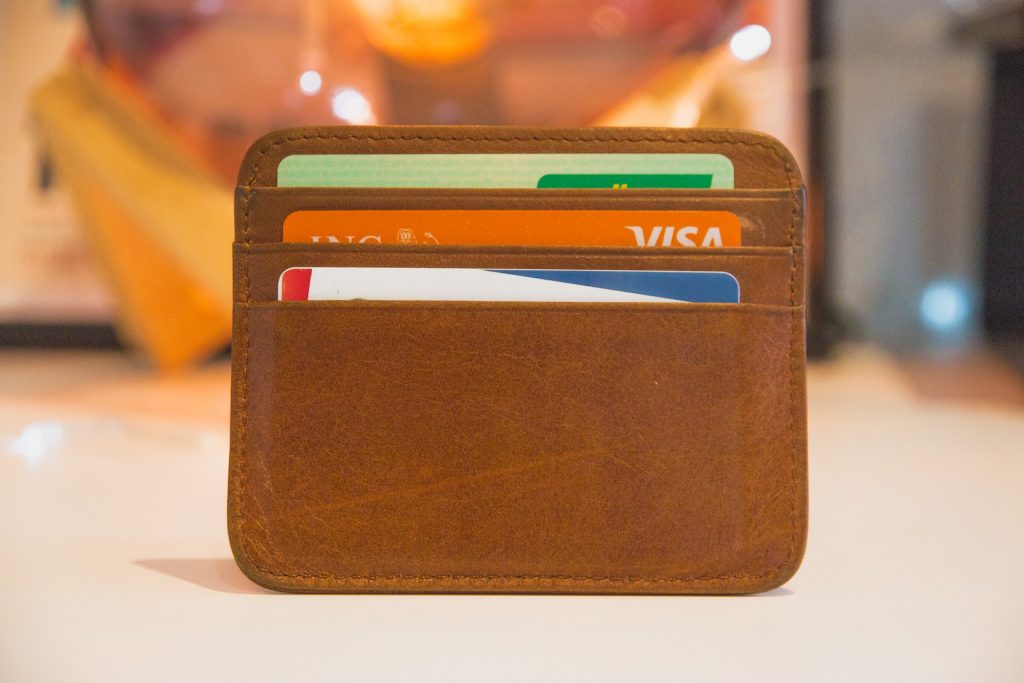Having a good credit score is essential for various financial opportunities. However, if you’ve faced difficulties in the past that have resulted in bad credit loans, it’s crucial to take action to repair your credit score. here we will know the important tips to repair your credit score from bad credit loans. By following these strategies, you can improve your creditworthiness and regain financial stability.
What Does Mean By Credit Scores?

A credit score is a three-digit number that represents your creditworthiness based on your credit history. Lenders, banks, and other financial institutions use this score to assess the risk of lending money to you. A higher credit score indicates responsible financial behavior, making it easier for you to secure loans and obtain favorable interest rates.
The Impact of Bad Credit Loans on Your Credit Score
Bad credit loans, such as defaulted payments, bankruptcy, or maxed-out credit cards, can significantly damage your credit score. These negative marks remain on your credit report for several years, making it challenging to obtain new credit or loans. However, there are effective strategies you can implement to repair your credit score and improve your financial standing.
13 Strategies to Increase Your Credit Score

1. Review Your Credit Report
Start by obtaining a copy of your credit report from reputable credit bureaus. Carefully review the report for errors, inaccuracies, or fraudulent accounts. Dispute any incorrect information to ensure your credit report reflects accurate data.
2. Pay Your Bills on Time
One of the most crucial factors in determining your credit score is your payment history. Late payments have a detrimental impact on your creditworthiness. Make it a priority to pay your bills on time, including credit card bills, utility payments, and loan installments.
3. Reduce Credit Card Balances
High credit card balances can harm your credit score. Strive to pay off your credit card debts and reduce your balances. This demonstrates responsible credit utilization and can positively impact your creditworthiness.
4. Create a Budget
Managing your finances effectively is key to repairing your credit score. Develop a realistic budget that allows you to allocate funds towards paying off debts and meeting your financial obligations.
5. Negotiate with Creditors
If you’re struggling to make payments, consider negotiating with your creditors. Explain your financial situation and propose a revised payment plan that suits your current circumstances. Many creditors are willing to work with you to find a mutually beneficial solution.
6. Avoid Opening New Credit Accounts
While it may be tempting to open new credit accounts to rebuild your credit, it’s generally advisable to avoid this. Opening multiple accounts within a short period can raise concerns for lenders and negatively impact your credit score.
7. Utilize Secured Credit Cards
Secured credit cards can be a useful tool for rebuilding credit. These cards require a cash deposit as collateral, minimizing the risk for lenders. Make small purchases and consistently pay off the balance to establish a positive payment history.
8. Consider Credit Counseling
Credit counseling services can provide valuable guidance and support in managing your debts. They can help you create a personalized plan to repay your loans and improve your credit score.
9. Keep Old Accounts Open
Closing old accounts may seem like a logical step, but it can potentially harm your credit score. Lengthy credit history is viewed positively by credit agencies. If you have old accounts with a good payment history, it’s best to keep them open.
10. Diversify Your Credit Mix
A well-rounded credit mix can positively impact your credit score. Consider diversifying your credit by obtaining different types of loans, such as installment loans or a mortgage, in addition to credit cards.
11. Seek Professional Assistance
If repairing your credit feels overwhelming or you’re unsure where to start, consider seeking assistance from reputable credit repair agencies or financial advisors. They can provide expert guidance tailored to your specific situation.
12. Stay Informed
Keep yourself updated on the latest financial practices and credit repair strategies. Educate yourself on ways to improve your credit score and make informed decisions regarding your finances.
13. Be Patient and Persistent
Repairing your credit score takes time and effort. Be patient with the process and persistent in implementing the strategies mentioned above. With consistent dedication, you can rebuild your credit score and regain financial stability.
FAQs
Yes, you can repair your credit score on your own by following the strategies mentioned in this article. Seeking professional assistance can provide additional support and guidance.
The time required to repair a credit score varies for each individual. It depends on the severity of the negative marks and the effectiveness of the strategies implemented. It can take several months or even years to see significant improvements.
Closing a credit card account can potentially lower your credit score, especially if it was one of your oldest accounts or had a high credit limit. It’s generally advisable to keep old accounts open to maintain a lengthy credit history.
A: While it’s challenging to remove accurate negative marks from your credit report, you can negotiate with creditors to update the status of your accounts. For example, they may agree to mark a previously late payment as “paid as agreed” or remove late fees.
Credit repair agencies can be beneficial if you’re struggling to navigate the credit repair process or lack the time and expertise to do it on your own. However, it’s important to choose a reputable agency and be cautious of scams.
It’s advisable to check your credit report at least once a year from each of the three major credit bureaus. Regularly monitoring your credit report allows you to identify any errors or discrepancies and address them promptly.


